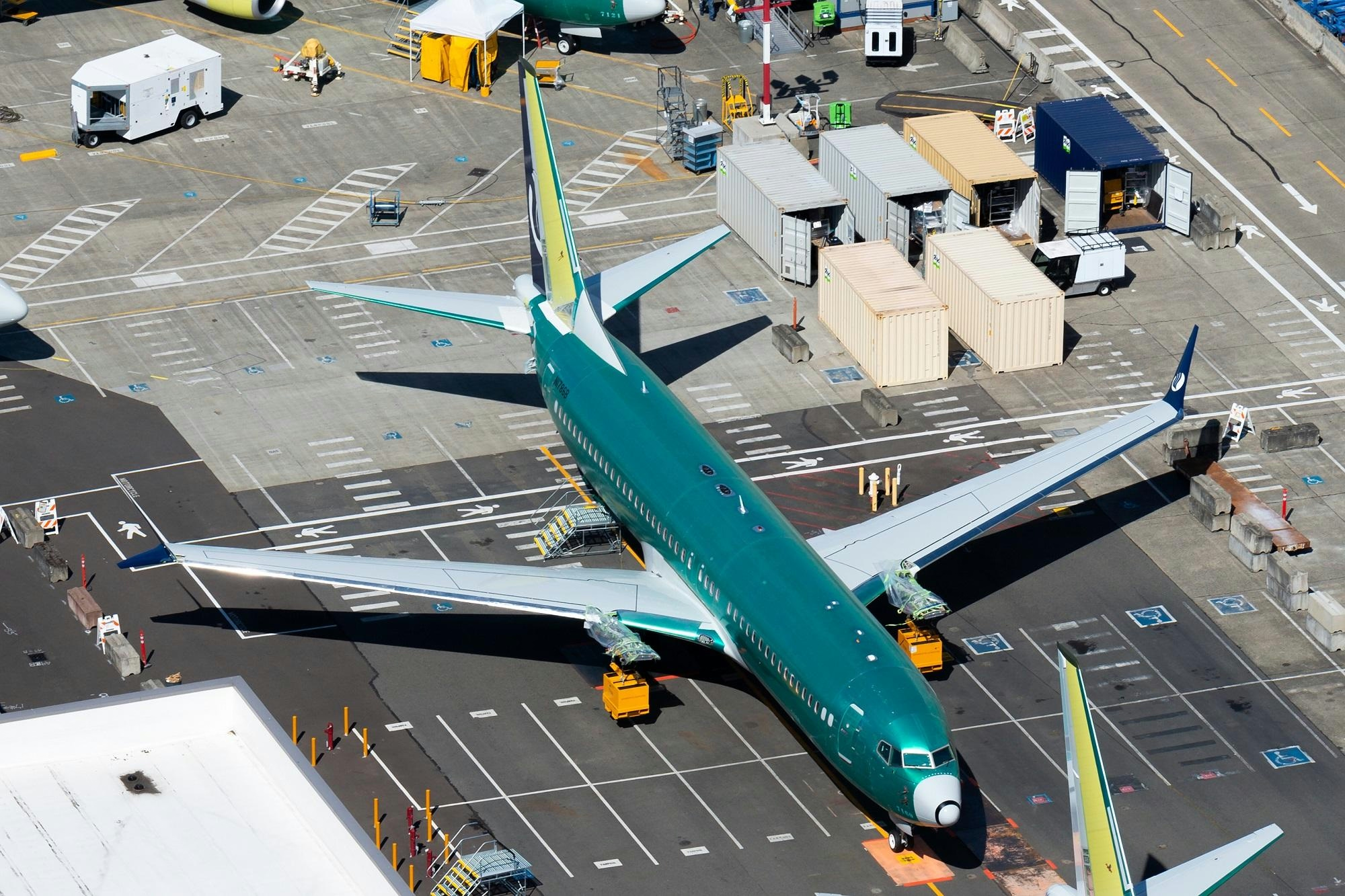
Smarter email, faster business. Auto-tag, parse, and respond to RFQs, quotes, orders, and more — instantly.
Trending
Categories
DGCA Directs Boeing Operators to Inspect Fuel Control Switch Locks by July 21
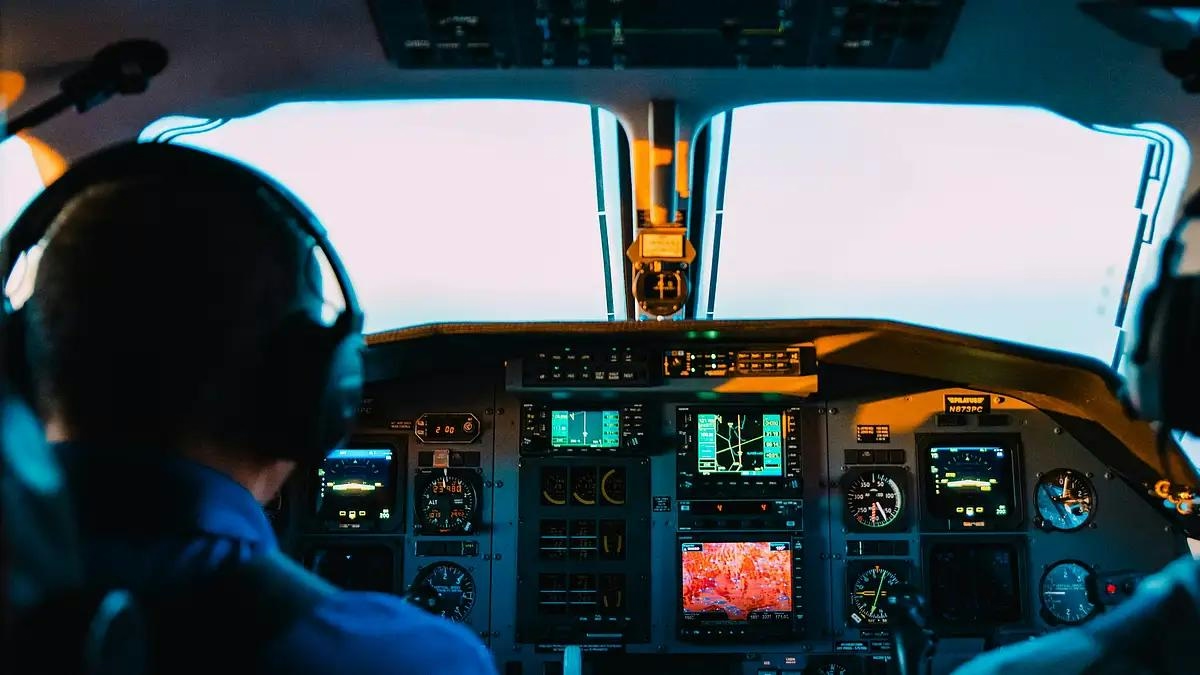
DGCA Mandates Inspection of Fuel Control Switch Locks on Boeing Aircraft by July 21
The Directorate General of Civil Aviation (DGCA) has issued a directive requiring all Indian airlines operating Boeing 787 and 737 aircraft to conduct inspections of the locking mechanisms on their fuel control switches by July 21. This order, released on Monday, underscores the critical importance of adhering to the deadline to maintain the airworthiness and safety of operations. Airlines are also mandated to submit a compliance report within seven days following the completion of these inspections.
Background and Rationale for the Directive
This directive follows intensified regulatory scrutiny in the wake of the June 12 crash involving an Air India Boeing 787-8 Dreamliner. The DGCA’s announcement came shortly after reports indicated that some operators had already initiated checks on the fuel switch locks of Boeing 787 aircraft. A DGCA official clarified that the order applies exclusively to airlines that own these Boeing models, excluding those operating leased aircraft.
The mandate is grounded in findings from the preliminary investigation into the Air India accident, which referenced a 2018 advisory issued by the US Federal Aviation Administration (FAA). That advisory highlighted potential malfunctions in the fuel control switches of certain Boeing 737 and 787 models, recommending inspections to prevent inadvertent movement of the switches. However, the FAA did not designate the issue as an “unsafe condition,” and inspections were not made compulsory at that time.
According to the preliminary report, Air India did not perform inspections following the 2018 FAA advisory, as there was no regulatory requirement to do so. The airline informed investigators that it had replaced the cockpit module containing the fuel control switches twice—once in 2019 and again in 2023—on the aircraft involved in the recent crash. These replacements, however, were unrelated to the fuel switch concerns.
Implications for Airlines and the Aviation Industry
The DGCA’s directive now imposes a mandatory inspection regime for specific Boeing models to address any potential vulnerabilities in the fuel control switch locking mechanisms. This requirement poses operational challenges for airlines, including ensuring timely compliance across their fleets, rectifying any identified issues, and managing potential disruptions to flight schedules. The order is likely to attract heightened attention from investors and passengers alike, while competing carriers may leverage the situation to emphasize their own safety standards and protocols.
Internationally, prominent carriers such as Etihad Airways and Singapore Airlines have also commenced inspections of fuel switch locks on their Boeing 787 fleets. Both the FAA and Boeing continue to assert that the fuel switch locks are safe, which may help mitigate some concerns within the industry. Nonetheless, investigations into the Air India crash remain ongoing, with the global aviation community closely monitoring developments.
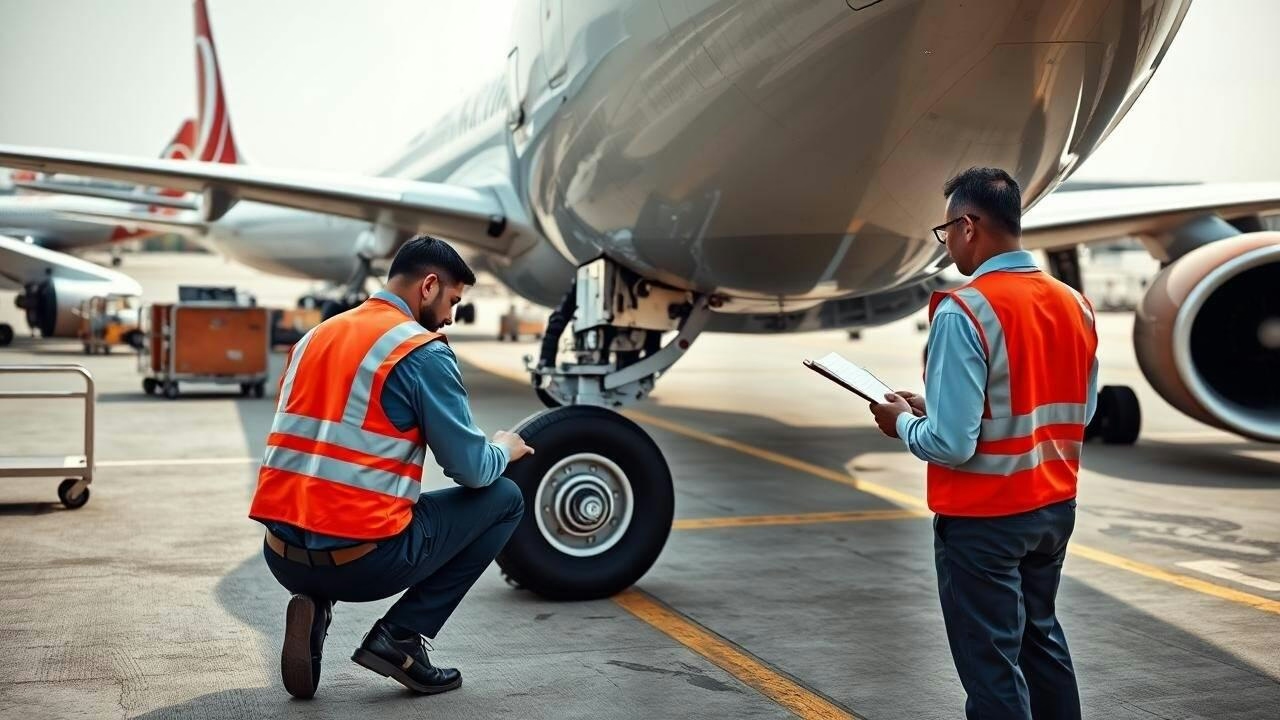
India and Turkey Strengthen Civil Aviation Ties with New Aircraft Leasing Agreements
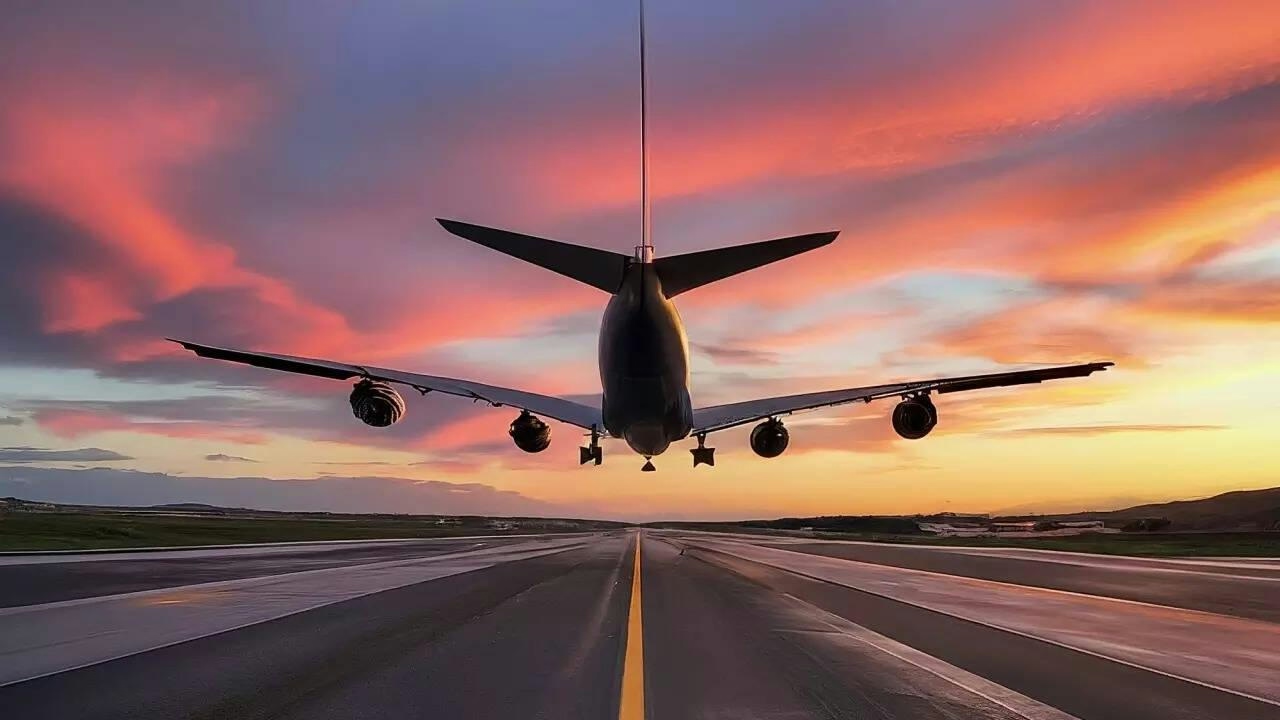
India Restores Aviation Links with Turkey, Extends Leasing Deal Amid Pakistan Airspace Ban
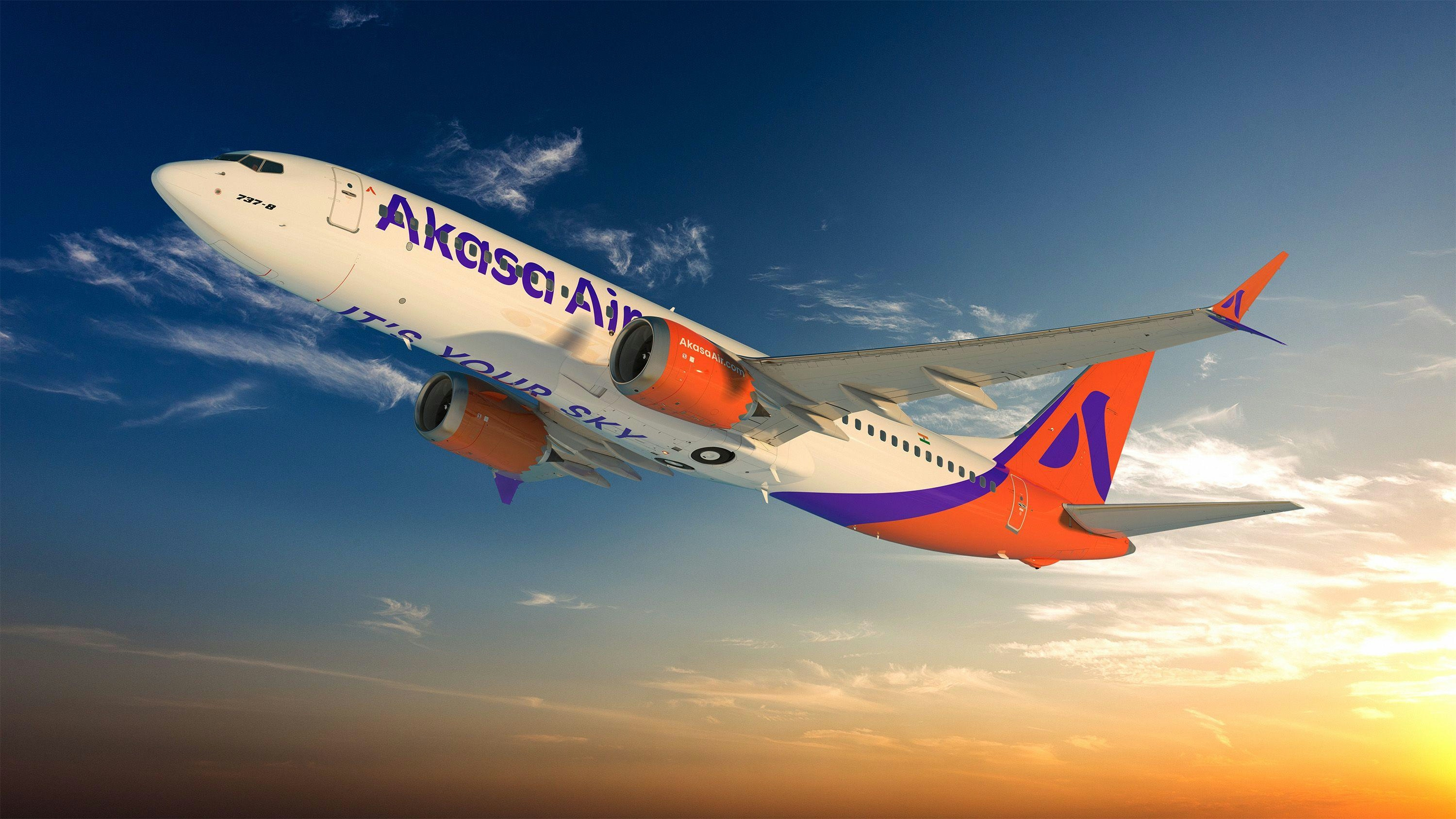
Akasa Air Plans to Expand Fleet to 40 Aircraft by FY26 Amid Boeing Supply Chain Improvements
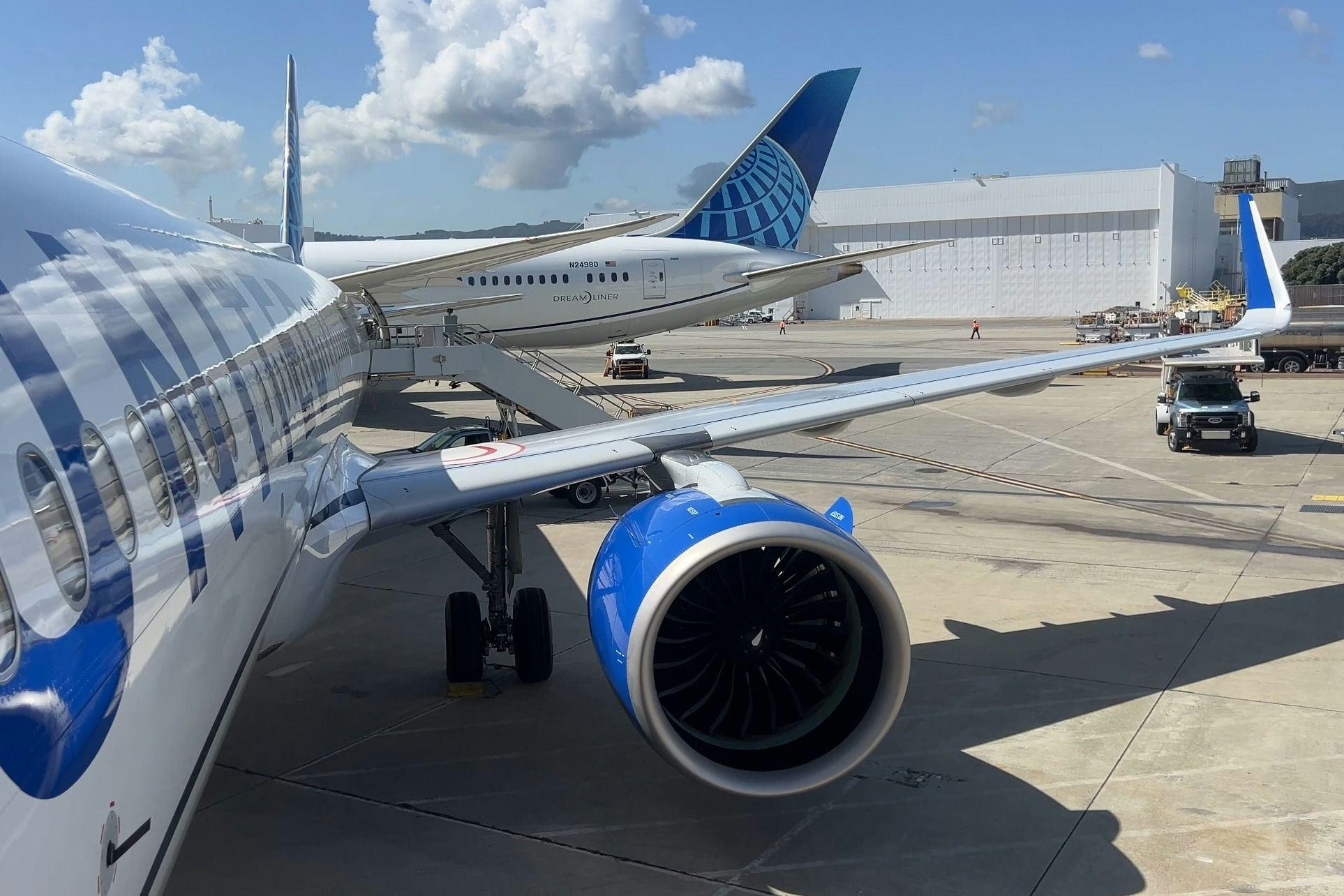
Which Narrowbody Aircraft Is United Airlines the Largest and Only U.S. Operator Of?

Joby Aviation Shares Fall 0.84% Amid Regulatory Delays and Partnership Changes
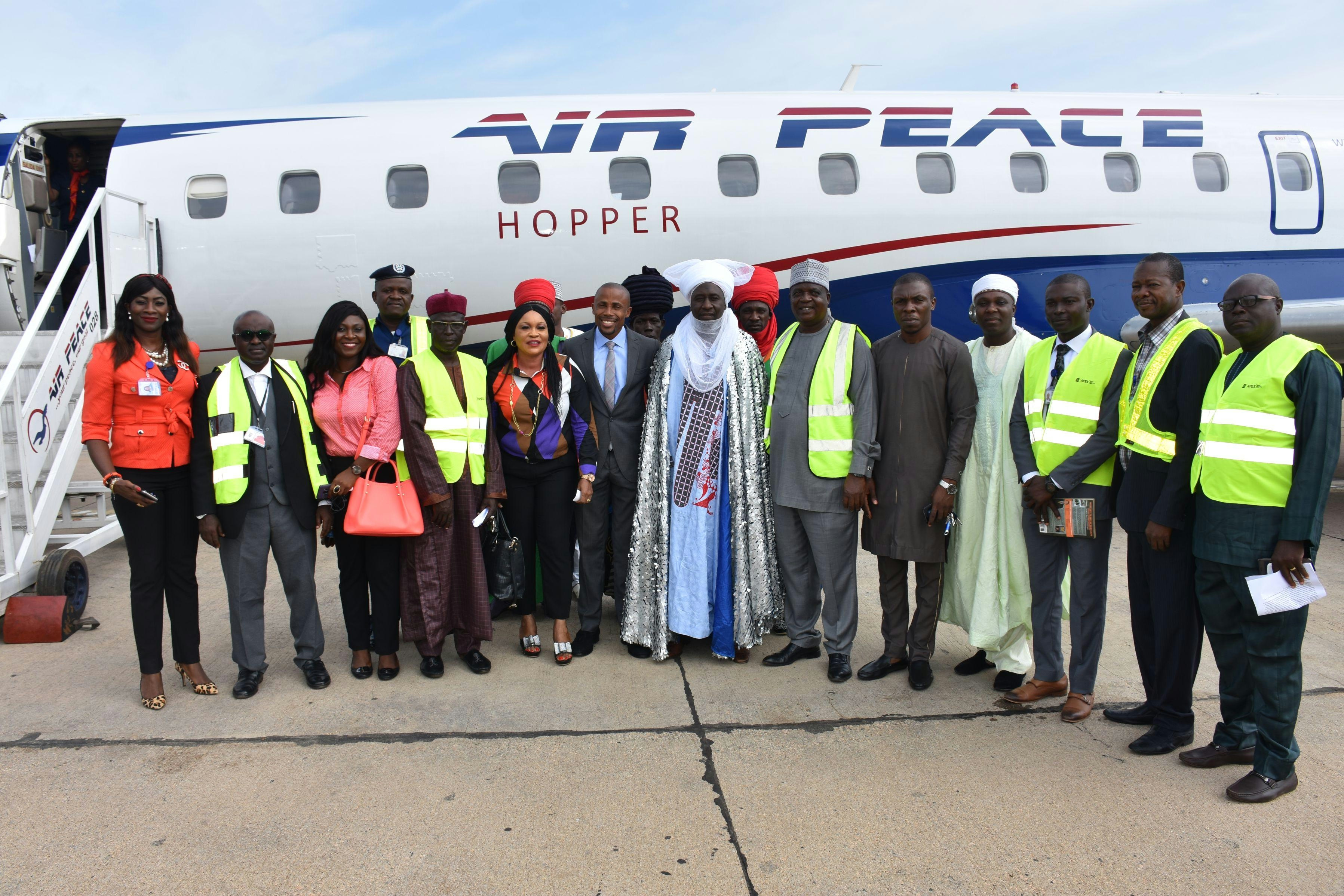
Air Peace Expands Lagos Hub to Enhance West Africa Travel
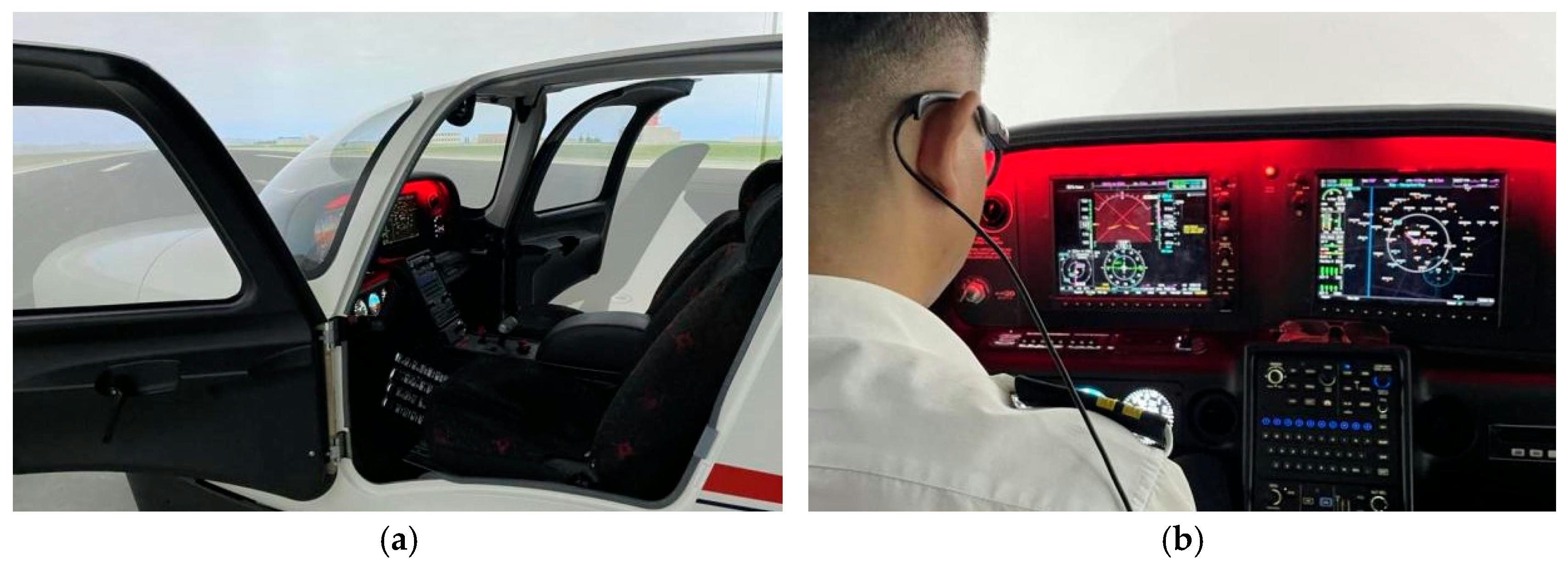
APC Introduces Project ORCA AI Tools for Pilot Training

Autonomy Proving Ground Conducts First Alternative Navigation Flight
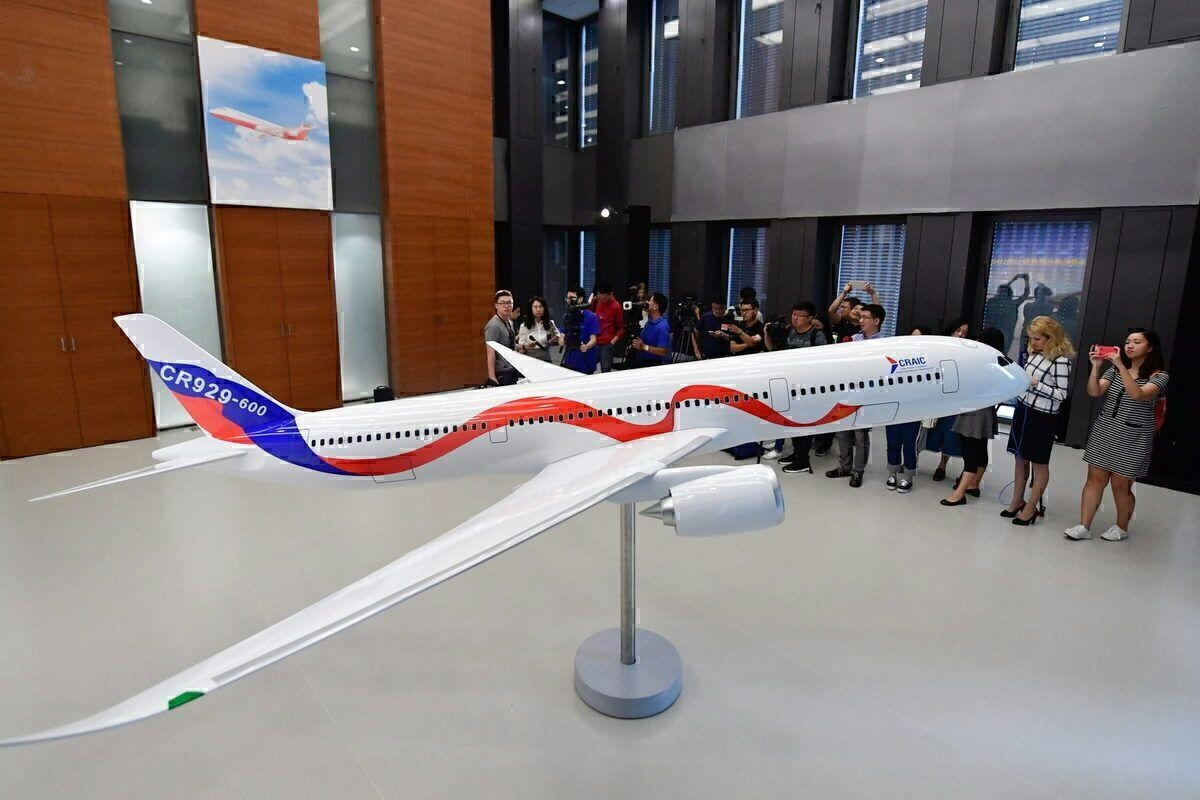
Can Russia’s new widebody aircraft rival Boeing’s Dreamliner?
